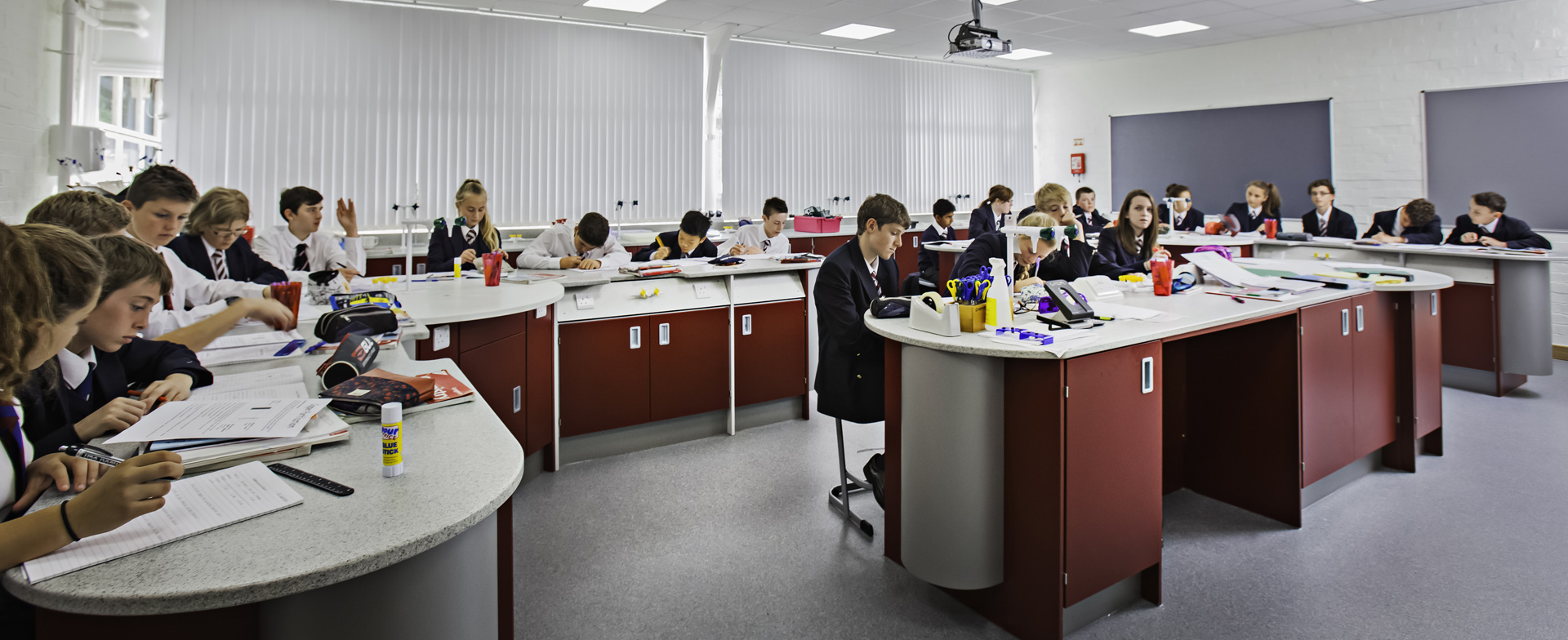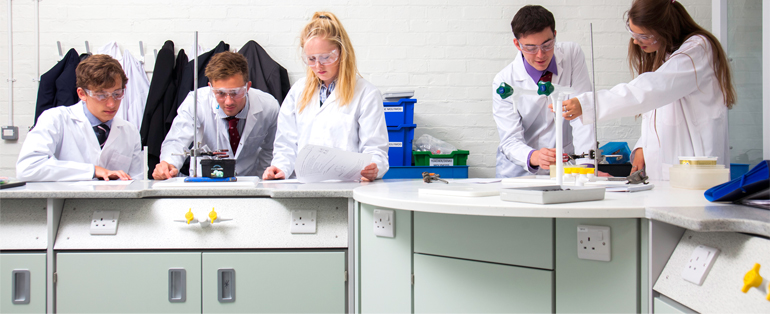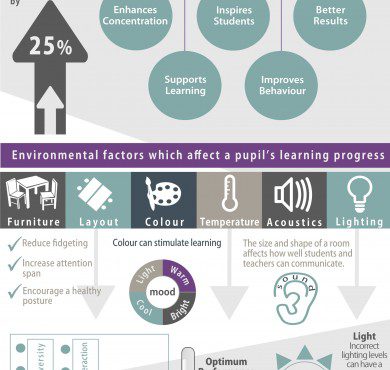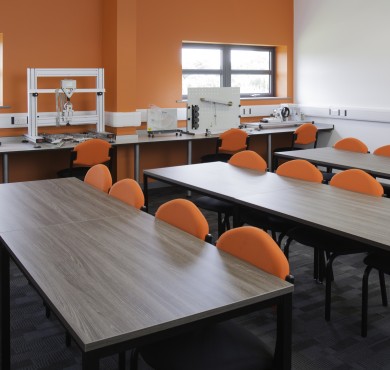Five Ways to promote Student Engagement in the Classroom
There are many ways to promote student engagement – both direct and indirect – in a learning environment. In this article we’re going to take a look at 5 key methods:

Create an Emotionally Safe Environment
Students who feel safe in the classroom are more likely to flourish in their surroundings. Bruce D. Perry, PhD. believes that a sense of safety is the most important factor to helping a student develop a lifelong love of learning. His article, Creating an Emotionally Safe Classroom, suggests a student’s attitude towards learning can be dictated by their first few days of a new school year or in a new school/classroom environment.
Creating a classroom which invokes feelings of safety and security in the students can develop their natural thirst for learning.

Combine Multiple Learning Methods
All students react differently to different methods of study. The learning pyramid splits all forms of study into two distinct groups, passive learning and participatory learning. Passive learning (lecture, reading, audio visual and demonstration) incorporates the initial provision of information, and participatory learning (discussion, practice and teach) helps to reaffirm understanding.
A combination of passive and participatory methods can help the subject matter appeal to a greater percentage of students and help them fully understand the information they have received. The Hot Corners concept from Innova Design Group helps create an environment which supports both passive and participatory learning methods by providing spaces for practical work and theoretical study.

Enable Students to Become Active
Where possible promote active input from the students, by allowing them to introduce their own questions and offer their own solutions. This should result in a class of pupils that consider subjects in a broader sense, rather than simply regurgitating facts. Students who are active in a given subject will be far better placed to tackle related matters further into the curriculum and even topics from other educational disciplines.
Stanford University’s teacher resource, Teacher Commons, suggests that active students will be far more capable of applying their new knowledge and understanding to real life situations than inactive students.

Offer Specific, Regular Feedback
A student will respond to feedback if it is relevant to their personal needs and development and if they can understand how it will benefit them. Generic feedback such as ‘Must try harder’ may only serve to frustrate students, especially if they believe it does not tackle their specific failings in a classroom. Offering directed and well-structured feedback with action plans can help students comprehend the steps which need taking for their performances to improve.
Students will respond to individual treatment, helping them feel as though they and their problems are understood and genuine steps are being taken to help them improve. Providing this specific feedback regularly will help them feel on track at all times, alleviating any potential feelings of abandonment.

Offer Support
A student will feel more comfortable entrusting their education to a teacher or course leader they believe can progress their understanding anddevelopment. If a student does not respect their teacher, they will approach the information they offer with a sense of reservation.
Similarly, a student will be reluctant to entrust their education to a learning environment they consider inadequate, outdated or even unsafe. This makes it even more important to consider classroom design as an essential to student engagement.
Contact
For more information how Innova Design Group can help ensure your classrooms fully support the development of you students, visit our homepage or call our dedicated customer services team on 0161 477 5300.





